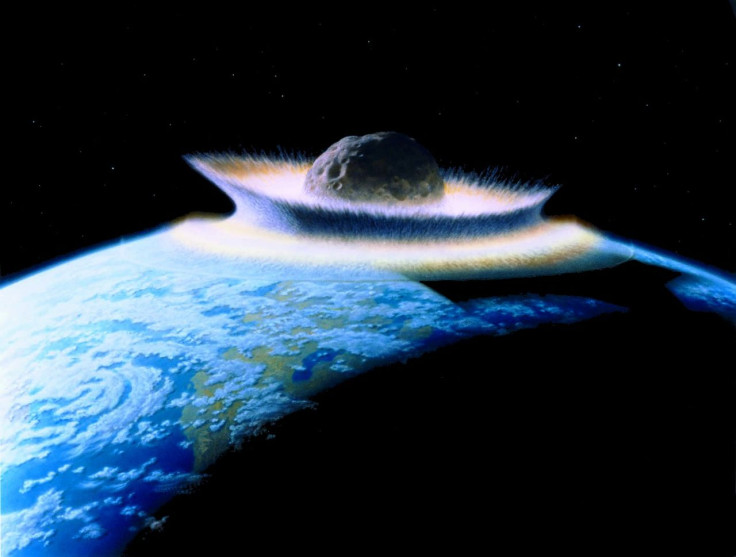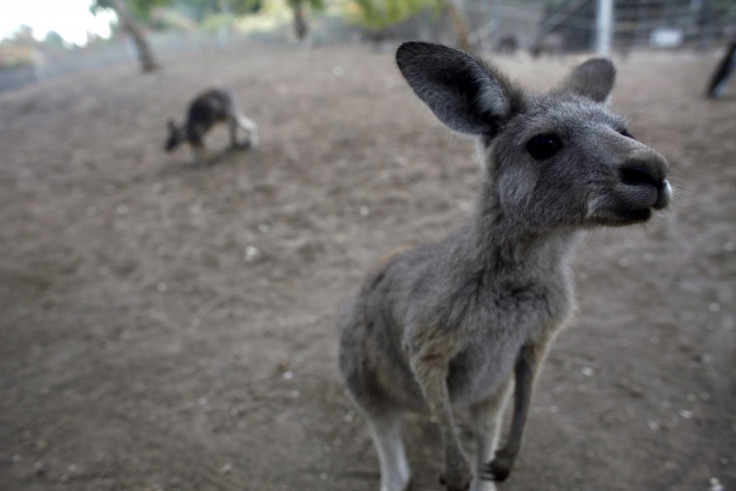Dinosaur killing asteroid almost led to mammal mass extinction too

The huge asteroid that slammed into the earth 66 million years ago and killed off the dinosaurs very almost led to the mass extinction of mammals too, scientists have said.
An international team of experts looking at mammal evolution found that metatherian mammals – one of three main classes of extant mammals that were once abundant across the globe – came very close to extinction in the event.
It is commonly believed that the asteroid impact that caused the mass extinction helped pave the way for mammals to rise and diversify to become the dominant group they are today.
Most experts agree that the end-Cretaceous mass extinction event was the result of a large asteroid impact, with at least one huge rock slamming into an area that is now Mexico.
However, other important factors were believed to have been at play too. The continents were shifting and ocean currents and climate were changing. There was a significant drop in sea levels and the planet was shaken by intense volcanic activity, leading to toxic gasses being expelled into the atmosphere.
It is estimated that between 71% and 81% of all species perished as a result.

In their study, published in the open access journal ZooKeys, researchers have now found that two thirds of all metatherians living in North America were killed in the mass extinction event, including over 90% of species, with 90% of those living in the northern Great Plains wiped out.
Authors say the demise of this type of animal meant the group never recovered its previous diversity – explaining why their closest relatives marsupials are rare today and restricted in terms of their environments.
However, this also mean placental mammals, including humans, were able to take advantage.
Thomas Williamson, from the New Mexico Museum of Natural History and Science, said: "This is a new twist on a classic story. It wasn't only that dinosaurs died out, providing an opportunity for mammals to reign, but that many types of mammals, such as most metatherians, died out too – this allowed advanced placental mammals to rise to dominance."
Steve Brusatte, from the University of Edinburgh, added: "The classic tale is that dinosaurs died out and mammals, which had been waiting in the wings for over 100 million years, then finally had their chance. But our study shows that many mammals came perilously close to extinction. If a few lucky species didn't make it through, then mammals may have gone the way of the dinosaurs and we wouldn't be here."
© Copyright IBTimes 2024. All rights reserved.






